Modern dating is weird. When you meet someone, things seem to go well, they say the right things, and maybe even take you to meet their mum, and for a while, it feels like something real is happening. But even with all those milestones, something feels off. Like you’re reaching out but never fully grabbing hold of anything real.
It’s a pattern I see all the time. He looks great on paper, says the right things, and maybe even talks about the future. But something feels off. He’s emotionally unavailable, and deep down, you know it. This is about why we fall for that, how dating apps make it worse, and how to stop doing it.
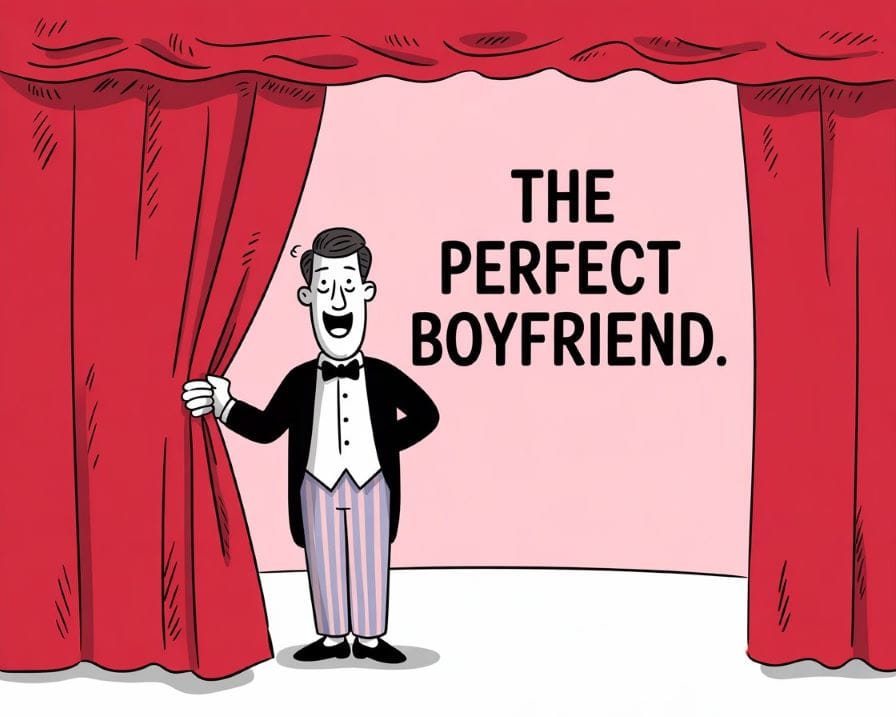
Why does this keep happening?
- Some guys have learned how to act the part. They know how to tick the boxes, say the right things, and put on a good show, but the emotional depth just isn’t there. Sometimes, they’re even convincing themselves it’s real. But they’re not actually letting you in. It’s all surface.
- Dating apps reward the wrong traits. Let’s be real: Looks, charm, confidence—those things go a long way online. And the guys who are good at working the system? They know it. They’re the ones with polished profiles, clever openers, and the kind of swagger that pulls people in fast. But because they get so much attention, they never have to try hard. They don’t need to show up consistently because there’s always someone else in their inbox. So they don’t value real connection—they just know how to keep the attention coming.
- They want the perks without the weight. They like the idea of intimacy, affection, and having someone around, but only on their terms. They’re not going to do the hard stuff, like being vulnerable or taking emotional risks. They’ll keep you around as long as you let them, but they never really let you in.
- Dating apps show women what they want to see but not what they need. Here’s something most people don’t talk about: dating apps don’t just reflect your preferences—they amplify them. The algorithm learns what you like and then keeps showing you more of the same. So, if you’re into stylish, confident, conventionally attractive guys, you’ll keep seeing them. Over and over.
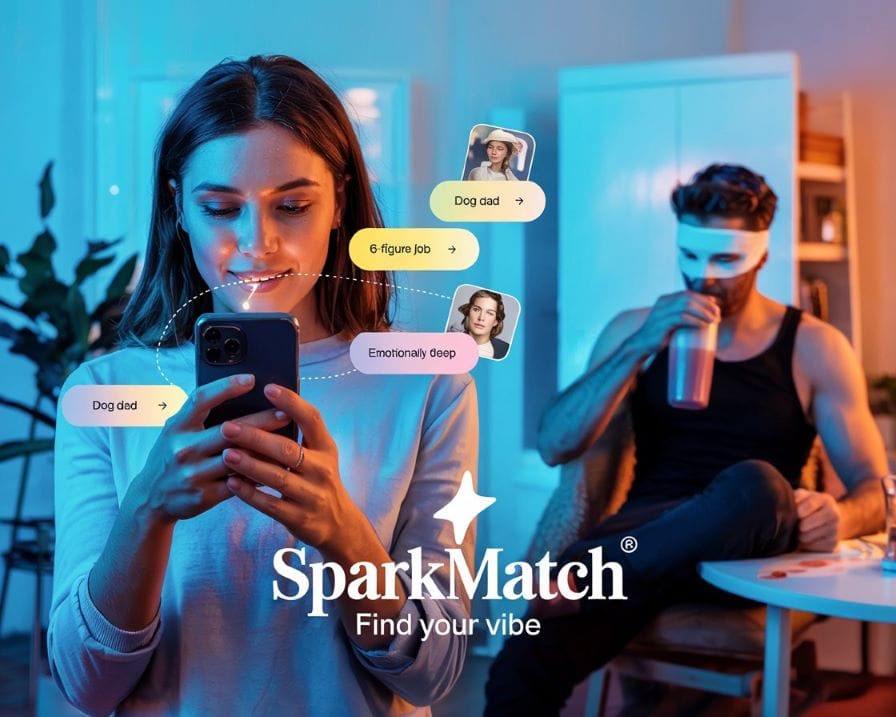
The catch? So is everyone else. Most women are shown the top 10-20% of men, the ones with the best photos, profiles, and online games. But that small group is juggling hundreds of matches, swiping for fun, or just collecting attention. The result? A crowd of women unknowingly compete for the same emotionally unavailable men, while the rest go overlooked.
It’s not your fault, but it does make it harder to find someone real when the app is feeding you a highlight reel, not a genuine connection. They like the idea of intimacy, affection, and having someone around, but only on their terms. They’re not going to do the hard stuff, like being vulnerable or taking emotional risks. They’ll keep you around as long as you let them, but they never really let you in.
Does that make me a victim, then?
Here’s the thing: it’s not always just on him.
At some point, you said yes.
You let him in. You chose to keep the conversation going, to give it a shot, to believe in what it could be. That doesn’t make it your fault; it just means you had a role in how things unfolded. And that’s not something to beat yourself up over. It’s something to learn from. When you understand why you were drawn to someone who couldn’t show up for you fully, you start to see the pattern. And when you see it, you can try to change it.
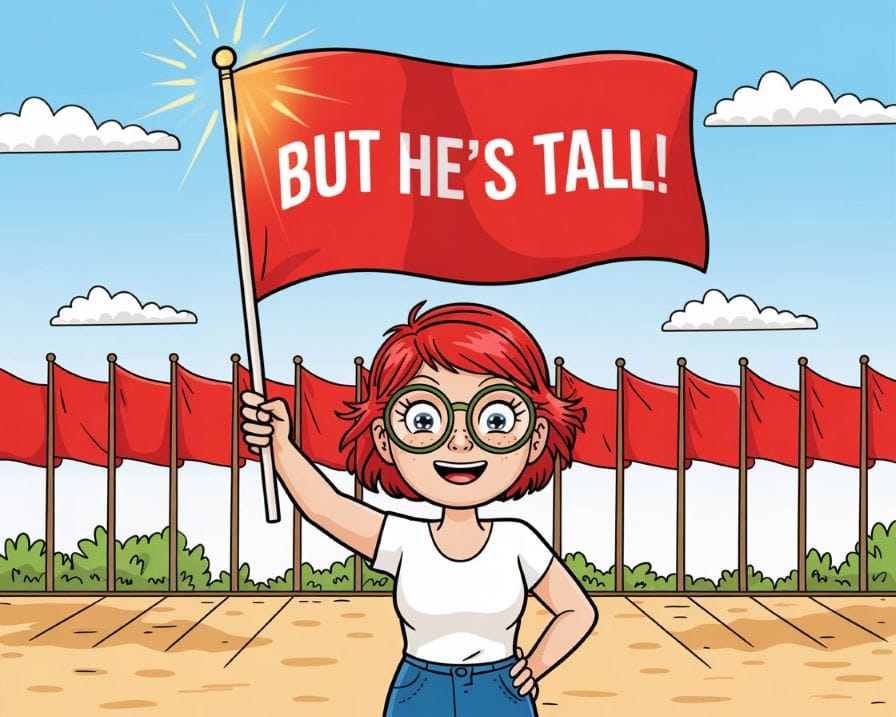
It’s easy to paint the other person as the villain. But sometimes, deep down, you knew something was off. You stayed. You hoped they’d change. Maybe you believed the story you were telling yourself more than the reality you were living.
That doesn’t mean it’s your fault. It just means there’s something worth looking at. Because if you don’t figure out what kept you there, you might find yourself in the same pattern again with someone else who looks different but acts the same.
There’s also the idea of “the type.” You know the one. Confident, attractive, well put together. The kind of guy everyone seems to want. And let’s be honest, there’s a moment where you think, “Wait till my friends meet this guy. They’re going to be shocked I pulled someone like this.”
That thought can be intoxicating. You feel like you’ve landed someone who validates your worth in the eyes of others. It’s not just about connection anymore. It’s about image, status, the fantasy of finally getting the kind of partner you always felt just out of reach.
But those types? They’re often the most emotionally closed off. They know the game. They know what works. And they’ve learned to offer just enough to keep you hopeful while never really committing. It’s a frustrating loop and a painful one when you realise it’s not going anywhere.
So what can you do?
Start by asking the uncomfortable questions, the kind that dig a little deeper:
- Did I ignore signs that felt off just because I wanted it to work?
- Was I chasing potential instead of accepting the reality of who they actually were?
- Was I afraid of being alone, so I held onto something that didn’t feel right?
- Did I fall for who they could be rather than who they consistently showed up as?
- Was I more attracted to how they made me feel in the beginning than how they treated me over time?
- Did I confuse attention with affection? Consistency with commitment?
- Was I trying to earn love from someone who made me feel like I had to prove myself?
- Did I silence my gut just to keep the fantasy going?
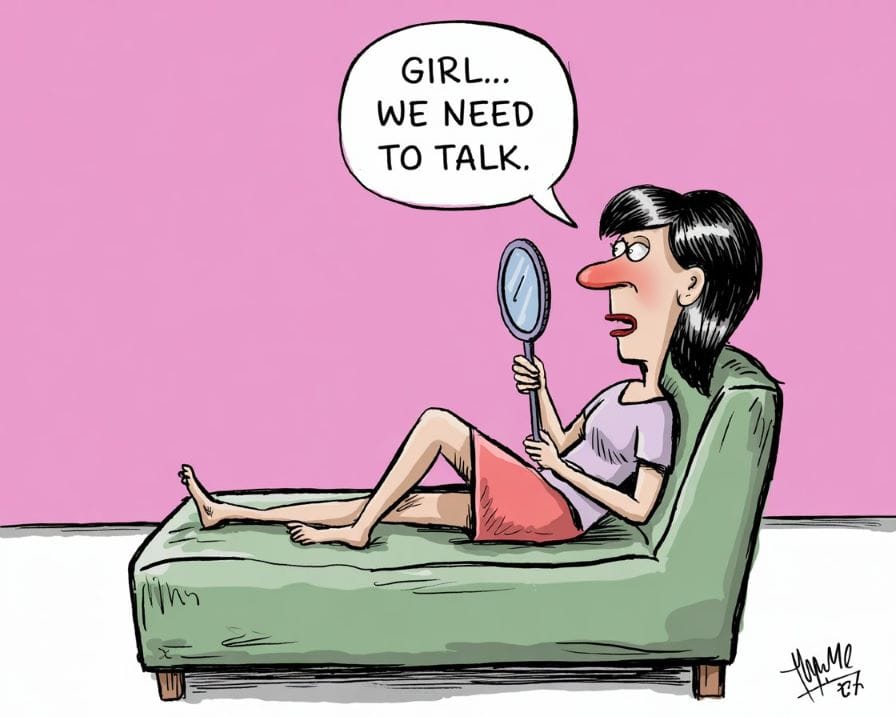
Growth doesn’t come from blaming. It comes from reflecting. From being honest with yourself. From choosing differently next time. From recognising when someone feels emotionally present, not just looks the part.
The right person won’t just show you the right moves. They’ll make you feel safe, seen, and steady.
That’s what matters. That’s what’s real.
Compatibility Trap
The Compatibility Trap often lulls individuals into a false sense of security. Just because you enjoy spending time together and having fun doesn’t mean you’re right for each other in the long term. Many people mistakenly assume that shared interests and chemistry equate to compatibility. However, this overlooks the critical elements required for a committed relationship. It’s important to recognize that compatibility goes beyond surface-level attractions; it requires a deep understanding of each other’s values, life goals, and emotional needs.
When you find yourself in this trap, take a step back and assess your relationship. Are you genuinely aligned on key aspects, or are you merely enjoying the moment? Ask yourself if you’re compromising on your requirements for the sake of maintaining the relationship. The key is to be honest with yourself and your partner about your expectations, emphasizing authenticity in your interactions. If your needs aren’t being met, it’s essential to either work on those issues together or consider moving on.
Breaking free from the Compatibility Trap means redefining what a serious relationship looks like for you. Focus on identifying your deal-breakers and compatibility requirements before diving into a new relationship. This approach allows you to scout, sort, and screen potential partners effectively, ensuring that you’re not merely settling for fun but actively seeking a fulfilling connection that resonates with your long-term aspirations.
Co-Dependent Trap
In the Co-Dependent Trap, relationships often become a cycle of giving and receiving, where one partner feels the need to fulfill the other’s emotional or practical needs at the expense of their own. This dynamic can create a false sense of security, leading to dependency rather than true partnership. If you find yourself in this trap, it’s crucial to recognize the patterns of attachment that may be influencing your relationship choices and address the unhealthy attachment dynamics present.
To escape this cycle, start by acknowledging your own worth and the importance of self-love. Understand that seeking validation from a partner can lead to a detrimental reliance on their approval for your happiness. Instead, focus on developing a strong sense of self and pursuing your own interests outside the relationship. This not only fosters independence but also creates a healthier foundation for connecting with others.
Moreover, set clear boundaries around your emotional investments. This involves learning to say “no” when necessary and being assertive about your needs. By doing so, you’ll cultivate a more balanced relationship dynamic, where both partners can thrive individually while supporting each other. Remember, a healthy relationship should enhance your life, not define it, and recognizing this distinction is key to breaking free from the Co-Dependent Trap.
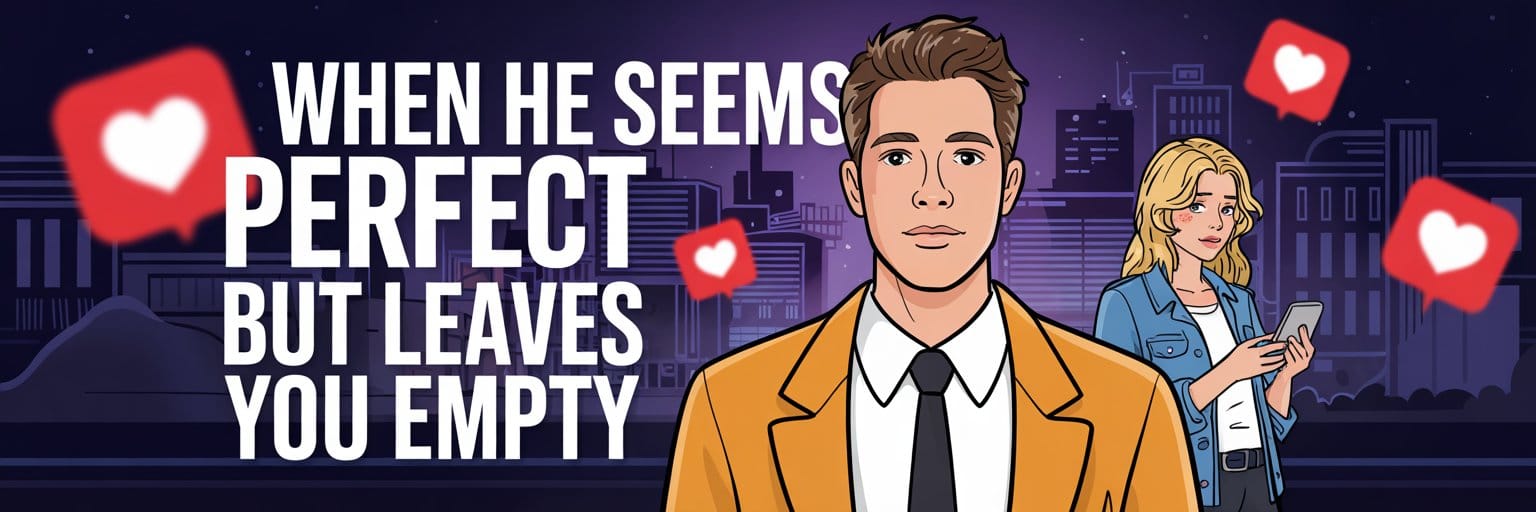
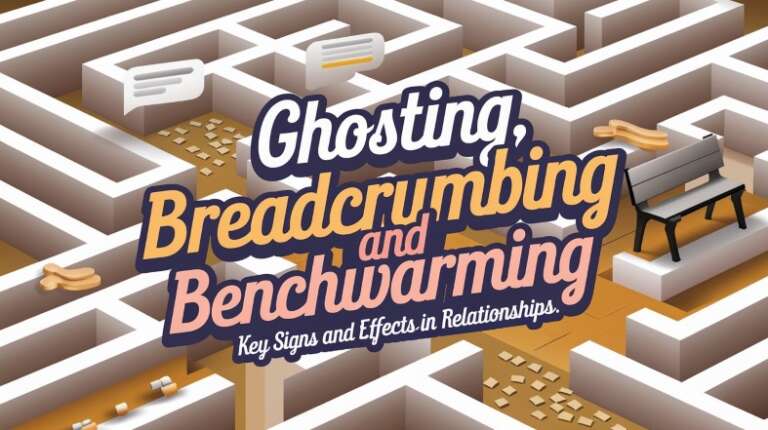
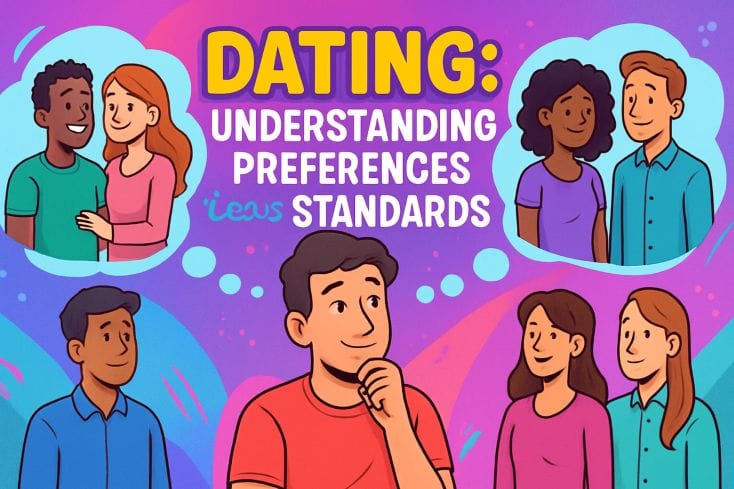
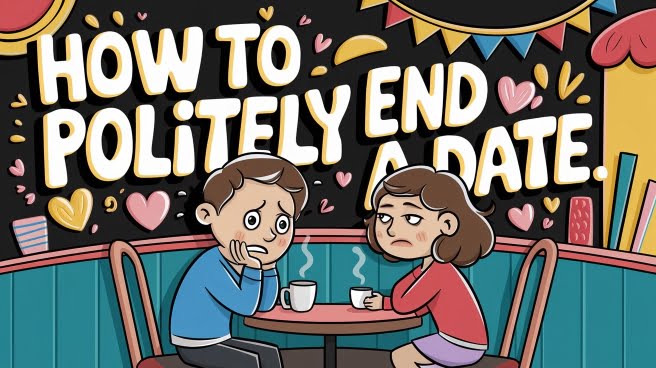
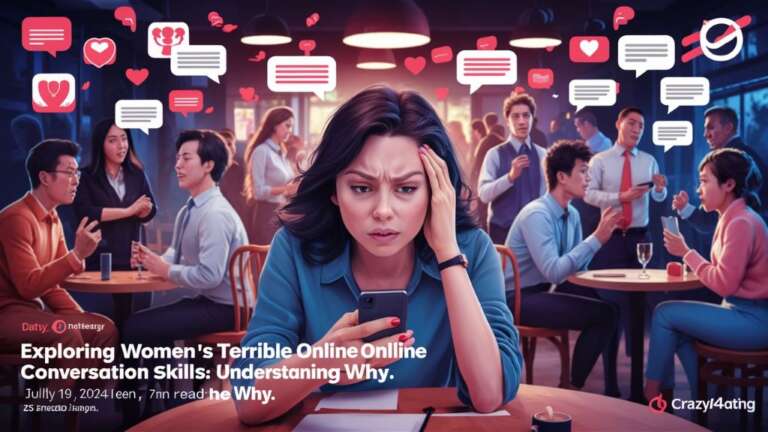


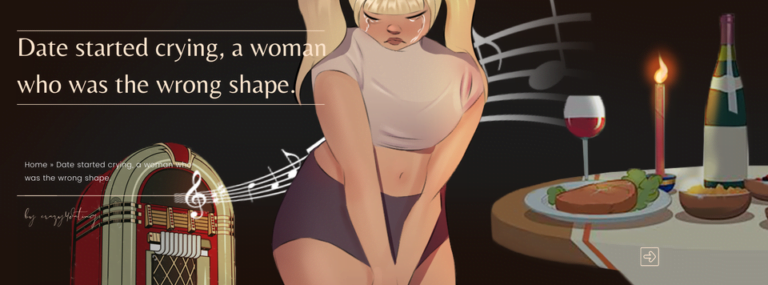
Leave a Comment